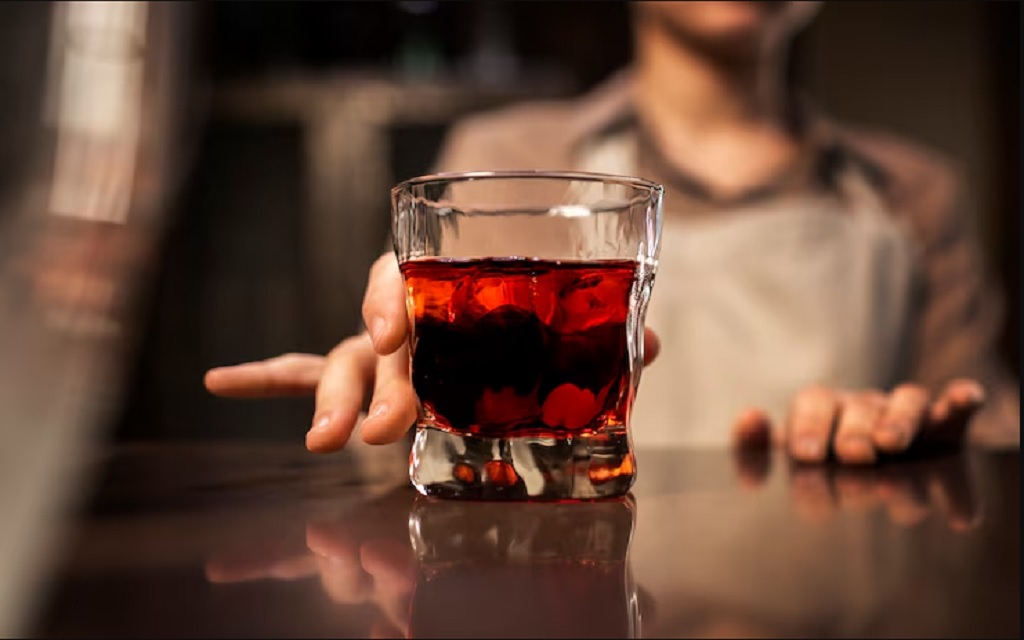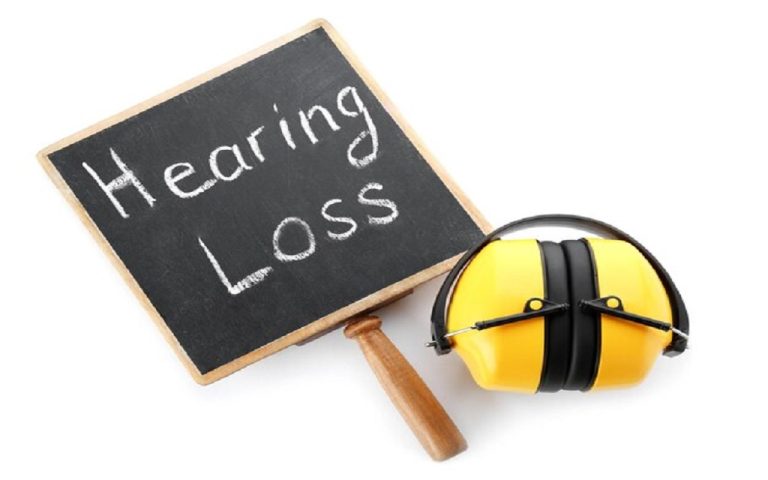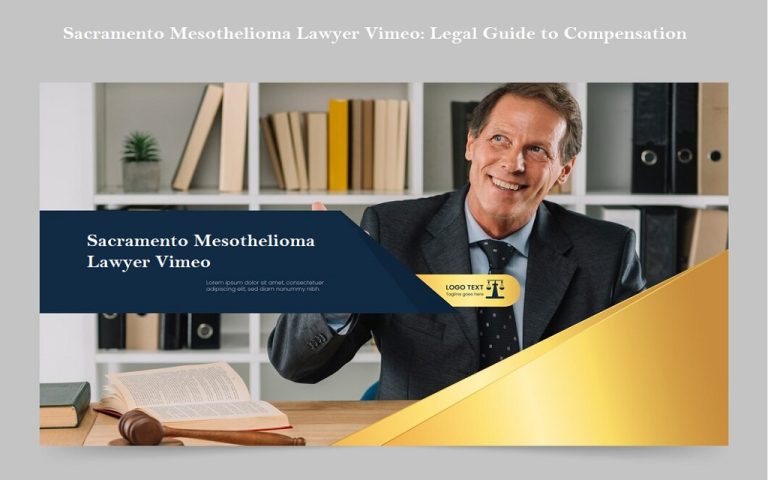Prime Energy experienced a surge in popularity, but so did the controversy surrounding it. Marketed by influencers and stocked in stores everywhere, this drink now faces severe legal heat. Parents, doctors, and even lawmakers are raising red flags over its high caffeine levels and kid-focused marketing. If you’re wondering whether Prime is safe or what the lawsuits mean for you, you’ve come to the right place. Let’s break down the Prime Drink Lawsuit clearly and quickly.
What Is Prime Energy and Why Is It Under Fire?
You may already be familiar with Prime as a trendy energy drink endorsed by prominent online personalities. It promises bold flavor, zero sugar, and performance benefits. But there’s a catch.
Prime Energy contains 200 mg of caffeine per can. That’s the same as six cans of Coca-Cola or two Red Bulls. The FDA recommends a max of 400 mg a day for adults. But children and teens? They need far less. And that’s where the trouble starts.
Parents, teachers, and doctors have raised concerns about kids drinking Prime. Some schools banned it. Some pediatricians warned of headaches, heart palpitations, and anxiety. In some cases, emergency visits followed.
Legal Action Begins: What the Lawsuits Claim
The lawsuits against Prime Energy target several areas:
- False Advertising: Plaintiffs say the company markets to kids without clear warnings.
- Health Risks: Some claim they or their children had adverse reactions.
- Lack of Caffeine Warnings: The label displays the caffeine content, but critics argue that it is not prominent or clear enough.
You should know that plaintiffs allege Prime misled customers by using influencers with a strong appeal to young audiences. The lawsuits argue that Prime’s marketing skips critical warnings about caffeine content, giving it a health halo it doesn’t deserve.
Who Filed the Prime Drink Lawsuit?
Legal action started with individual parents and expanded to class-action efforts. Advocacy groups and consumer watchdogs joined in the effort. U.S. Senate Majority Leader Chuck Schumer also called for an FDA investigation, citing health risks and marketing to minors.
To date, lawsuits have been filed in states such as New York and California. More may follow as awareness grows.
Health Impacts That Sparked the Legal Storm
Here’s why people are taking this seriously:
- Children affected: Cases include kids who got sick after drinking Prime.
- Caffeine overdose: Symptoms range from nausea to heart arrhythmias.
- Long-term risks: Experts are concerned about the potential long-term effects on young nervous systems.
One study cited by attorneys shows how high-caffeine drinks disrupt sleep cycles and increase anxiety in adolescents. If your child suffered any of these effects, you may have grounds for legal action.
Why Labeling Matters in the Prime Energy Lawsuit
Labels aren’t just print—they’re legal tools. The Prime label lists caffeine, but lawsuits argue the placement and size downplay the danger. They compare it to warning labels on tobacco or alcohol.
Health-conscious consumers expect transparency. When marketing leans on health benefits but hides caffeine concerns, it crosses a line. Courts will decide whether Prime broke that trust.
How Is the FDA Responding?
The FDA has started reviewing Prime after receiving calls from lawmakers and doctors. If they find Prime in violation of safety standards, the outcome could change how energy drinks get regulated nationwide.
You should be aware that the FDA does not currently limit caffeine in energy drinks, but this case may prompt policy changes. The FDA has also warned that combining high caffeine levels with misleading marketing can lead to enforcement action.
What to Do If You or a Loved One Was Affected
If you experienced health issues after drinking Prime Energy, document everything. Save receipts. Note symptoms and doctor visits. Then, consider speaking to a product liability attorney.
Class-action lawsuits may allow you to join others seeking justice. In many cases, you won’t pay unless you win. However, every case is unique, so obtaining legal advice is crucial.
What Prime Says in Its Defense
Prime has defended its drink publicly. The company says:
- Prime Energy is clearly labeled for individuals 18 years of age and older.
- It meets FDA guidelines for caffeine in beverages.
- It warns users to limit daily intake.
However, critics say that influencers continue to promote the drink in kid-friendly content. That conflict sits at the heart of the legal debate.
The Role of Influencers in the Prime Lawsuit
Logan Paul and KSI promote Prime through their massive social followings. Their videos reach millions of young fans. Legal experts argue that this raises ethical concerns about influence and responsibility.
When celebrities promote products tied to health outcomes, regulators take notice. You should, too.
The Future of Prime Energy and Energy Drink Lawsuits
This case could change the energy drink market in significant ways:
- Tighter labeling laws
- Age-restricted sales
- Stricter advertising rules
If courts rule against Prime, other brands may face scrutiny. You may see changes in how companies label, promote, and sell caffeinated drinks.
Conclusion
The Prime Drink lawsuit centers on health concerns, labeling issues, and safety warnings related to Prime Energy, a beverage co-created by social media stars Logan Paul and KSI. Critics say it contains unsafe caffeine levels for kids and misleading marketing. Lawsuits have surfaced, and regulators are now involved. If you or a loved one consumed Prime and experienced health issues, you should stay informed and know your rights.
Must Read: What Should You Know About the Monsanto Roundup Lawsuit?
People Also Ask (FAQs)
Is Prime Drink safe for kids?
No. Prime Energy contains 200 mg of caffeine, which is unsafe for children. Experts say minors should avoid such high-caffeine products.
What are the symptoms of caffeine overdose in children?
Symptoms may include nausea, restlessness, anxiety, a fast heartbeat, and, in severe cases, hospitalization.
Can I join the Prime Drink class action lawsuit?
You may qualify if you or a child consumed Prime and experienced side effects. A product liability lawyer can help you find out.
What is the difference between Prime Energy and Prime Hydration?
Prime Energy contains high caffeine levels. Prime Hydration does not. Always check the label.
Why is the Prime lawsuit necessary for consumers?
It raises critical questions about marketing ethics, product labeling, and child safety. Legal outcomes could set national standards.




